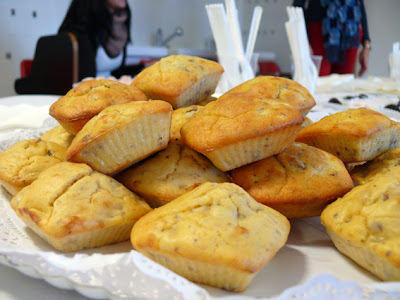The MacMillan Dictionary language tips are a really helpful learning tool for English language learners. Their weekly tips draw our attention to very specific areas of difficulty in both vocabulary and grammar.
In this tip, they want to show us the difference between who, who's (= who is or who has), whose (=possessive pronoun).
Languageguide.org mainly focuses on the difference between who and whose, but their great asset is that they offer recorded audio files of all the examples.























